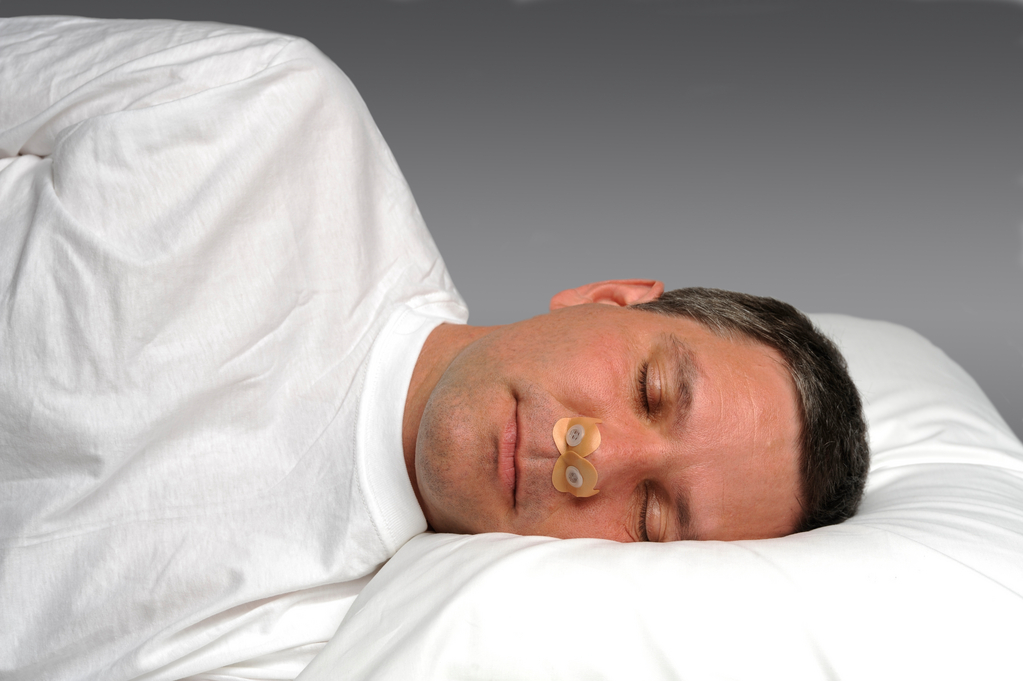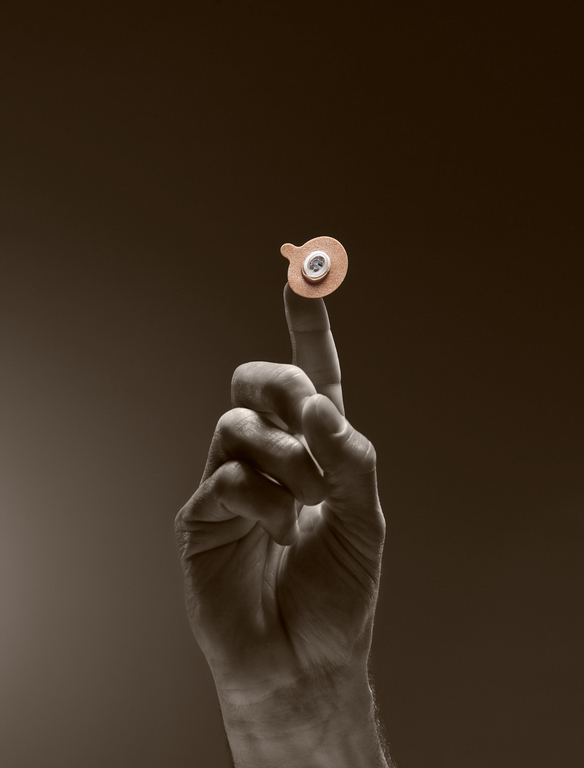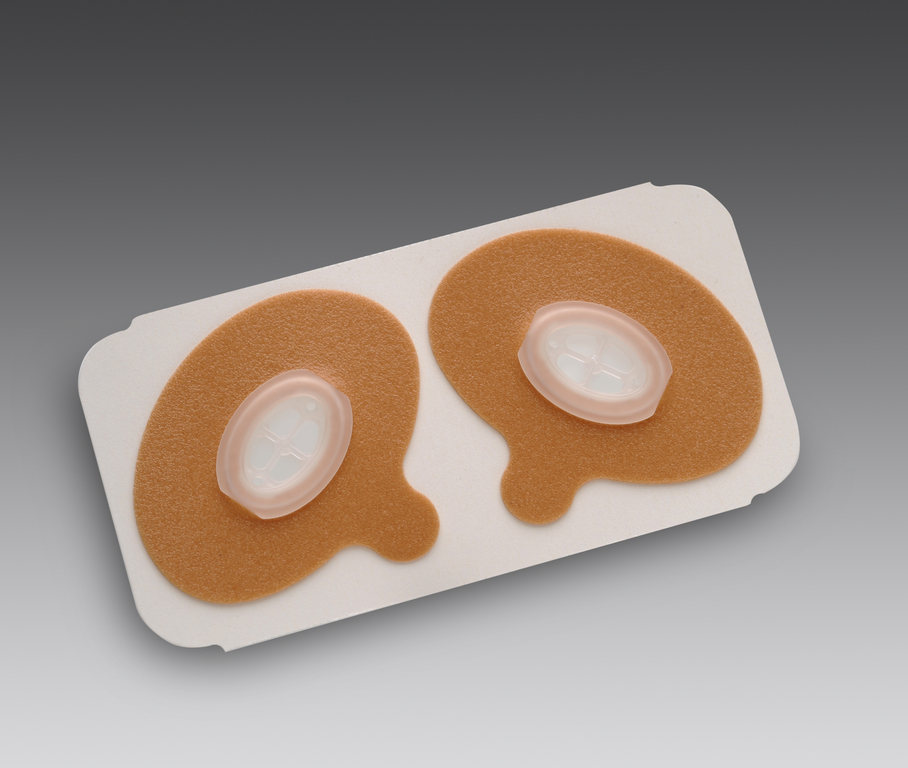New treatment for common sleep disorder
Posted
By Malka Eisenberg
Issue of November 6, 2009/ 19 Cheshvan 5770
If the silence of the night in your home is broken by grating snores from a sleep apnea sufferer, or the whooshing air sound of a CPAP machine commonly used to treat the disorder, you’ll be interested in a new prescription therapy, Provent, now being offered on Long Island.
Over 40 million Americans suffer from obstructive sleep apnea (OSA). It is the most common sleep disorder, causing the muscles of the upper throat to relax and block the airway during sleep. It inhibits breathing, sometimes causing the sufferer to struggle for breath and snore, decreasing oxygen in the blood and disrupting sleep. OSA can lead to obesity, high blood pressure, stroke, heart failure, abnormal daytime sleepiness and thus, problems with driving.
Provent is a disposable, portable device powered by the patient’s breathing.
It consists of two small valves, one for each nostril, that are attached nightly to the nostrils with a hypoallergenic adhesive. The valves open when breathing in but when exhaling the valve restricts the airflow and increases the pressure in the throat, keeping the airway open.
“The CPAP (continuous positive airway pressure) remains the standard of care for this problem,” said Dr. Jay Steven Berland, Medical Director of the North Shore Pulmonary Associates Sleep Apnea Program and partner at North Shore Pulmonary Associates in Lake Success, NY but, “Provent will fill the gap.”
Many of his patients had used other treatments for OSA, including custom-fitted dental appliances, and either didn’t tolerate the CPAP or wanted an alternative, or had difficulty bringing the CPAP machine along when traveling.
“It is not replacing CPAP but can be utilized as an additional alternative option,” Berland said. “Compliance with CPAP is 70% to 80% at best.”
“If patients have to wear a mask every day (as in CPAP) it has to have the positive feedback of a good night’s sleep when you are not curing. With an oral (dental) appliance the patient has to see the dentist who takes an impression; it’s more permanent.”
Patients come to Berland for a consultation and he evaluates and determines what treatment is appropriate. He will send a patient home with a sleep testing device or, with a more complicated case, the patient is observed overnight in a sleep disorder center. Some patients can be “managed conservatively” with changing sleep position and diet.
Berland began using the Provent nasal device in March and has treated over 100 patients with it to date.
“It’s fast access, it’s viable, we can test it. I can give the patient samples and see how they are doing in a couple of days. It’s safe and easy. I can almost test it on an individual patient; I don’t need the statistics. I can have them come back, talk to them and the partner and see how the snoring is and see if it is meaningful for them.”
“The goal is not to replace treatment but to give other options,” Berland emphasized. “It’s not meaningful to compete with the CPAP; it’s an excellent treatment for those who use it, but there is a need for alternatives. Provent is easy enough that it can play a lot of roles. It can be adjunct as for traveling or can be primary.”
One of Berland’s patients travels frequently to Australia and was helped by Provent to curtail his snoring on the plane. Another patient, an active 70 year old woman who is a world traveler and dog sledder “now has something giving her relief,” pointed out Berland. “It worked miracles for her.”
“It’s very unique and exciting,” he said. “Very few treatments have been pursued with such rigor and testing. It’s relatively new. I’m a clinical guy. This is the real deal, not a fly by night thing.”
For more information call 866-542-8510 or visit www.ProventTherapy.com.
Report an inappropriate comment
Comments

 44.0°,
Mostly Cloudy
44.0°,
Mostly Cloudy 









